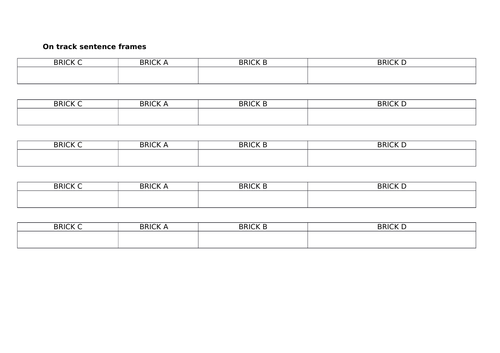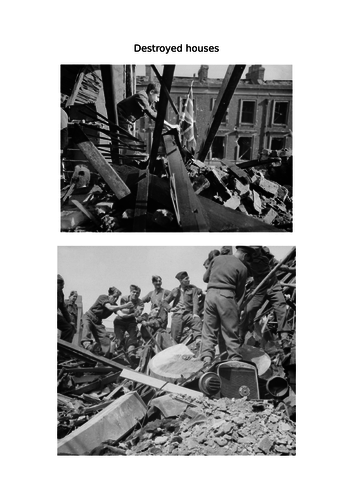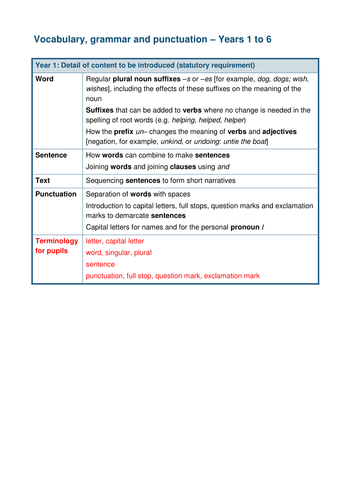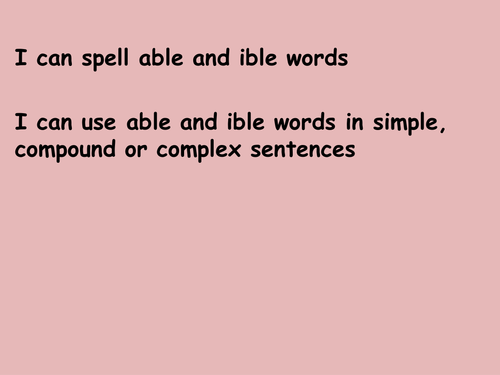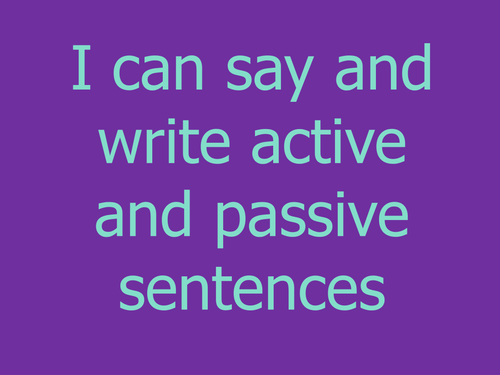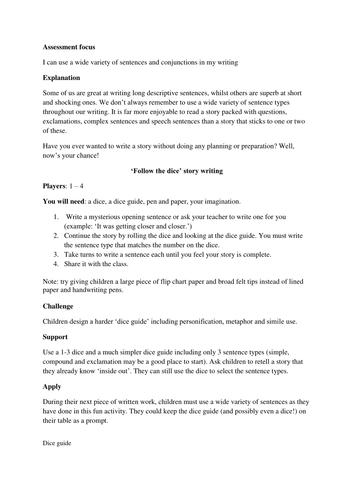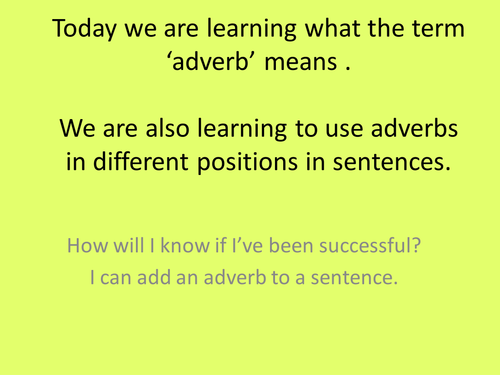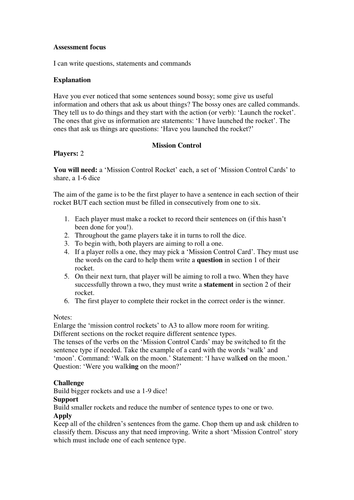Dicing with Grammar
It's simple really: English grammar can be a very dry subject, but this need not be the case. For a few years now, I have been developing a games-based approach to teaching important grammar concepts. It is amazing how the introduction of dice takes the learning into a new place - the element of chance making it seem less like work and more like play. Because I test my games extensively in the classroom, I get a feel for what works. Dump your boring worksheets and start dicing with grammar.







